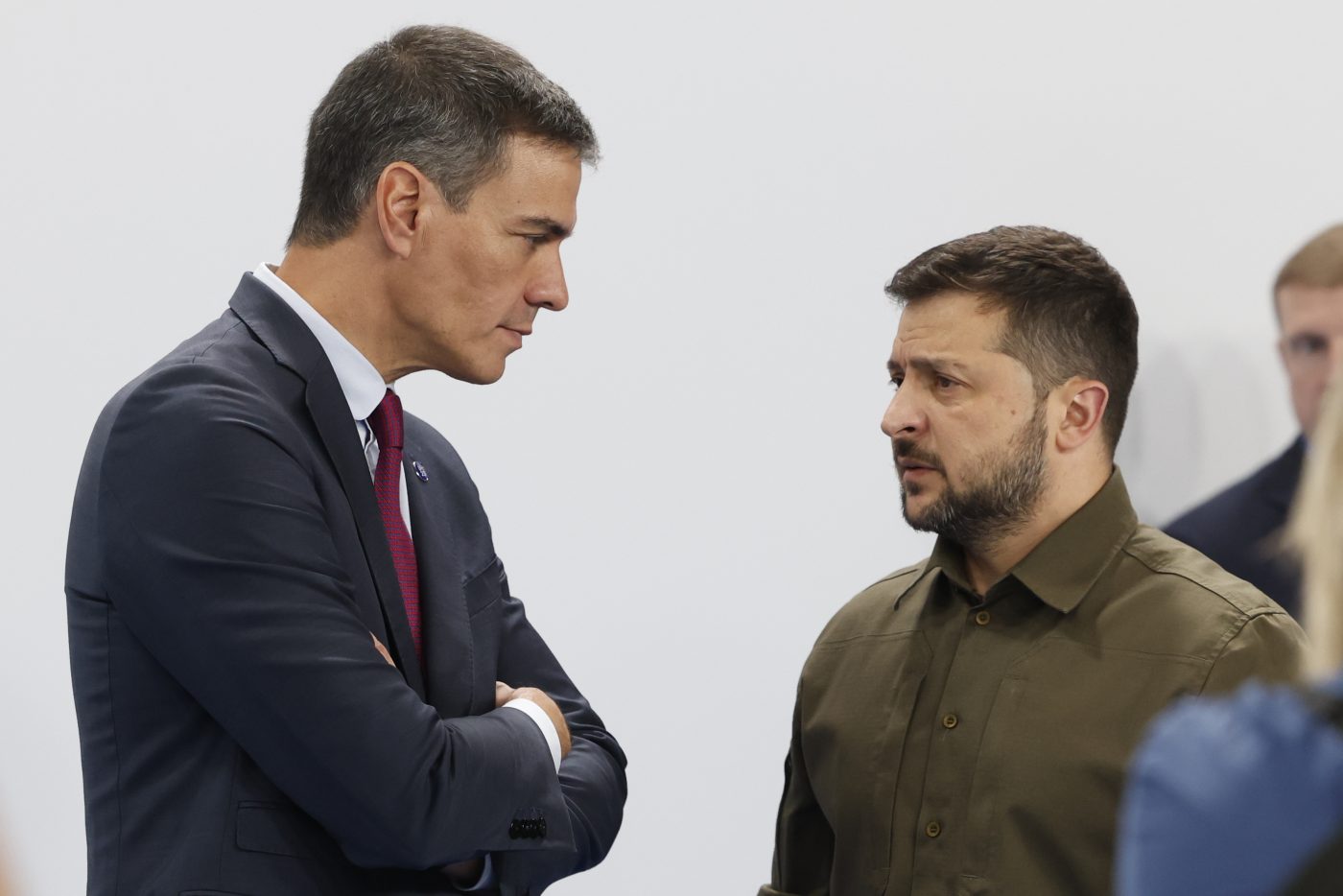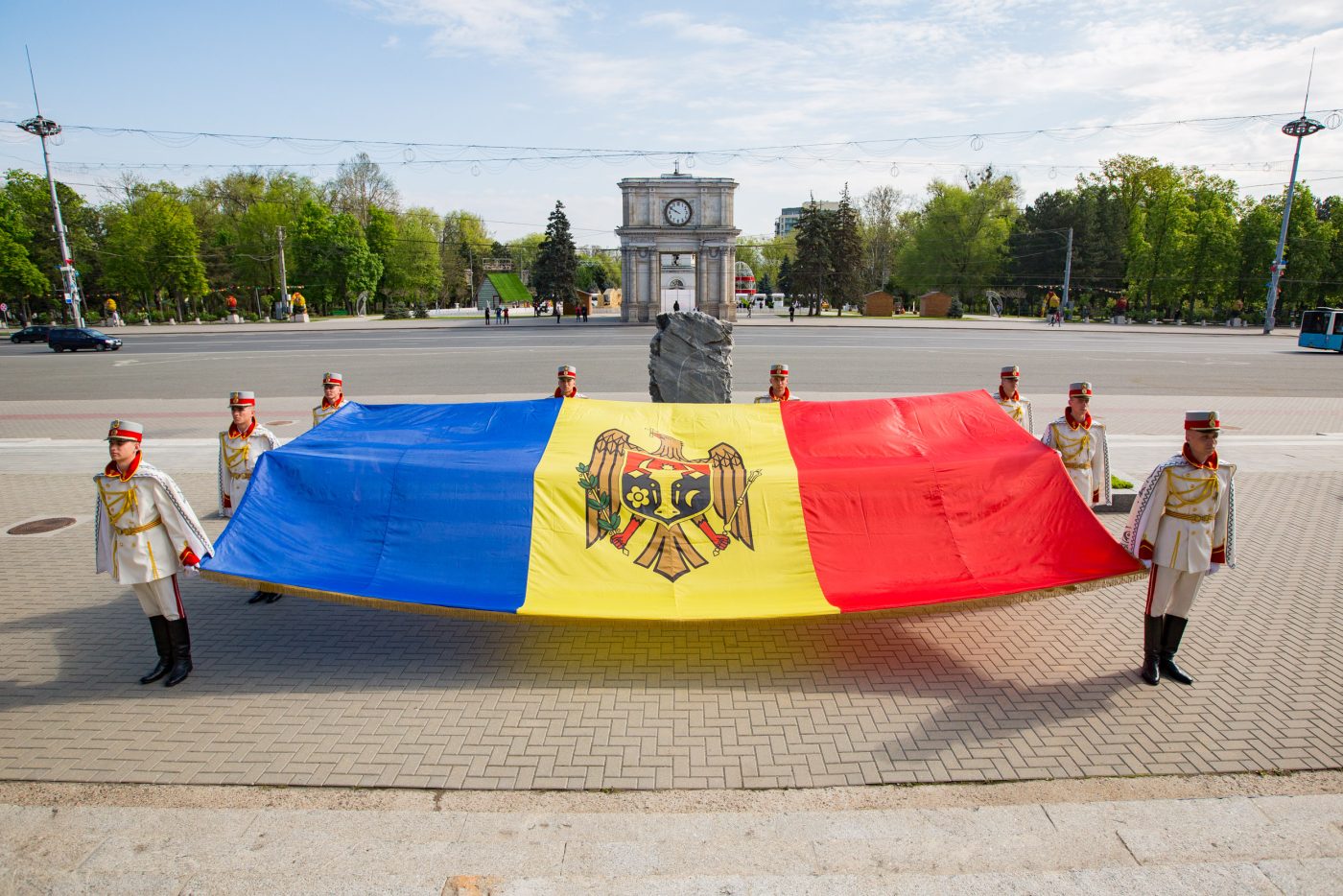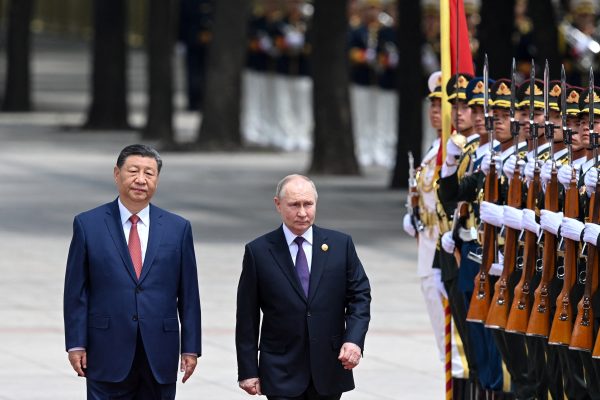This weekend Granada has a chance to once again write its name in European history. The first time around was when the resurgent (and militant) Christian powers put an end to the centuries-long civilization of Al-Andalus in today’s Spain. Decades of repression of religious dissent and cultural diversity followed.
On October 5-7, as European heads of government gather in the city, Europe’s now-established capacity to resolve its internal differences without large numbers of people being put to the sword or otherwise silenced is being tested more than ever by Russia’s aggression and imperial ambitions.
Making Europe stronger in the face of this threat will be discussed in Granada: high on the agenda will be efforts to reform and to enlarge, both at the 27-member European Union (EU) meeting and the European Political Community (EPC) summit, which includes the broader continent including 20 non-EU nations.
EU’s leaders will surely face questions about the current status of EU accession from the leaders of Ukraine, Moldova, and the Western Balkan candidates just at the moment that some EU member states are starting to cool on enlargement. On Saturday, October 7, they will discuss enlargement and its increasingly obvious prerequisite, a reform of EU decision-making, behind closed doors.
The EU’s current decision-making rules have served it well for as long as the main decisions concerning the future of the single market, regional development, social cohesion, and (moderate) harmonization in other policy areas.
But with the agreement now needed on issues including security, sanctions, and enlargement, the polyphony of national interests risks blocking crucial steps when time is crucial. The most extreme example is Hungary, with its own autocratic agenda, claims of protecting ethnic Hungarians in other countries (even when there’s no apparent threat), and friendly relations with the Kremlin.
But others have also used the opportunities offered by the current requirement for unanimity among member states before decisions are made. For years, there have been calls to replace unanimity with qualified majority voting (QMV.) At last, this debate gained urgency owing to Ukraine’s serious bid to join the Union – along with other candidates who have been waiting in line for accession but whose application was not made urgent by a Russian war of aggression.
The trouble is that EU member states are far from consensus on the issues. A recent paper by the high-powered (but exclusively French and German) Group of Twelve, which was asked by two most powerful governments in the EU to chart a way towards reform, recommends profound changes in governance, extending QMV not just to security and foreign policy but also to budgetary spending — and suggests that if no union-wide consensus is achieved, a coalition of the willing could go on and create a closer relationship (and decision-making mechanisms) within the Union.
This has already provoked a negative response from the Polish minister for EU affairs and will likely generate more criticism – but this, at least, is a proposal for moving forward. The hope may be that even if not implemented in full, anti-reform countries will budge a little on QMV as far as it is possible without re-opening the EU Treaty.
Agreeing on the extent of reform will be tricky given the strong resistance of Hungary and Poland. France has become, in recent months, the main proponent of both reform and enlargement, and the informal Council meeting in Granada will show what traction it really has.
There is much to lose. While over the last year, some experts, politicians, and media in Europe have pointed to the high cost of integrating Ukraine (along with other candidate states), no one has far calculated the cost of not doing so — from the risks for investment in its recovery to the likely growth in crime and corruption as ordinary people lose sight of a European future for their children.
And that is even without looking at consequences such as an emboldened Russia. Failure to enlarge – and retain the ability to act together – after having made the bid will do irreparable damage to the EU’s global standing.
There is nothing preordained in history’s course. When the last sultan of Granada, Muhammad II, surrendered his city to the Castilians in 1492, his mother, the forceful Aixa, is reported to have scolded him for signing away that which he had failed to defend.
One hopes the EU’s leaders will use their chance to defend Europe’s geopolitical unity and will make decisions that strengthen it.
Marija Golubeva is a Distinguished Fellow with the Democratic Resilience Program at the Center for European Policy Analysis (CEPA). She was a Member of the Latvian Parliament (2018-2022) and was Minister of the Interior from 2021-2022. A public policy expert, she has worked for ICF, a consultancy company in Brussels, and as an independent consultant for European institutions in the Western Balkans and Central Asia.
Europe’s Edge is CEPA’s online journal covering critical topics on the foreign policy docket across Europe and North America. All opinions are those of the author and do not necessarily represent the position or views of the institutions they represent or the Center for European Policy Analysis.






